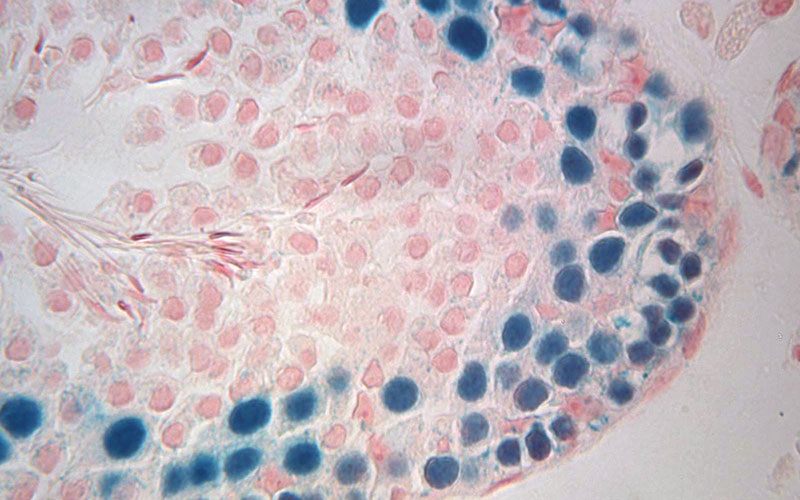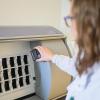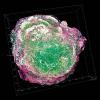Male testis tissue that is cryopreserved can be reimplanted after more than 20 years and will make viable sperm, according to a new study in rodents.

However, with the long delay comes reduced fertility compared with tissue that is only briefly frozen.
The results may have important implications for treatment of boys with cancer, for whom chemotherapy may be preceded by harvesting and freezing of testicular tissue for reimplantation.
The scientists thawed rat spermatogenic stem cells (SSCs) that had been cryopreserved for more than 23 years, and implanted them mice that lack an immune response that would otherwise reject the foreign tissue.
They compared the ability of the long-frozen SSCs to generate viable sperm to SSCs frozen for only a few months, and to freshly harvested SSCs, all from a single rat colony.
Image credit | Eoin-Whelan




